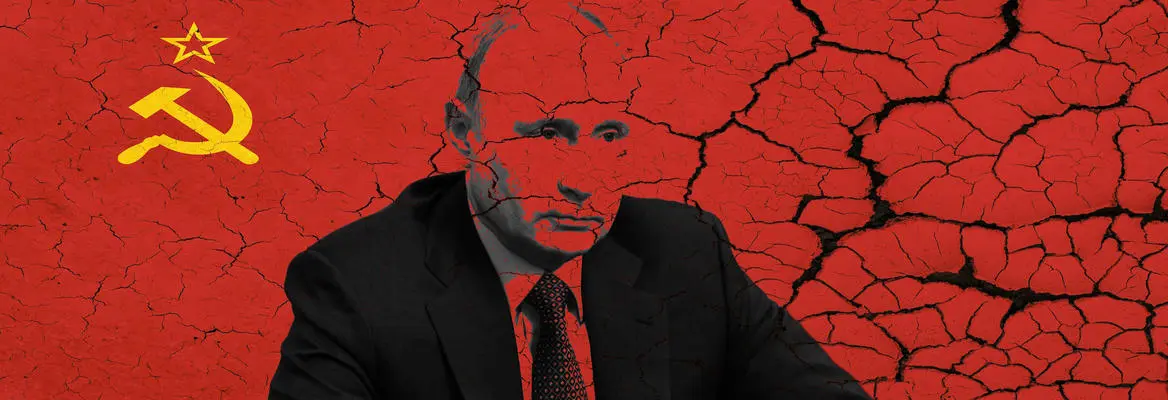An influential analysis of Russia’s aggression towards Ukraine suggests that it’s NATO’s overreach in the region that’s to blame. Russia is simply defending itself from being encircled by Western power. But, pay attention to what Putin is actually saying, and a very different explanation emerges. Putin thinks his destiny is to restore Russia to its former glory, writes Stathis Kalyvas.
In a widely viewed lecture he gave back in 2015 (it has garnered over ten million views), John J. Mearsheimer, a respected professor of International Relations at the University of Chicago and perhaps the best-known exponent of the so-called Realist school of thought, explained the crisis that broke out in the Ukraine the year before. In essence, he blamed Russia’s aggression in 2014 on the US and NATO overreach, an unneeded provocation against Russia. It was only natural for Russia to react the way it did, and the West had only itself to blame for prioritizing what Mearsheimer describes as frivolous “21st century” ideas over his own solid “19th century” ones. As for the Ukrainians, tough luck. In the hard world of great power politics, you can’t possibly seek closer integration with the West if you happen to live on Russia’s doorstep. “The strong do what they can and the weak suffer what they must,” is how Thucydides famously had the Athenians say and what Mearsheimer echoes.
___
Mearsheimer observed: “If you really want to wreck Russia, what you should do is to encourage it to try to conquer Ukraine. Putin is much too smart to try that.”
___
Mearsheimer’s lecture is referenced these days by those who wish to blame the West for Putin’s invasion of Ukraine. Yet, it also contains a remarkable passage. At two points, Mearsheimer observes that “if you really want to wreck Russia, what you should do is to encourage it to try to conquer Ukraine. Putin,” Mearsheimer adds, “is much too smart to try to do that.” In his telling, Russia could safely undermine Ukraine without having to invade it. Things turned even worse than this grim realist predicted. So why did this analysis prove so wrong, and how should we understand Putin instead?
A key insight from economics to international relations, and beyond is that “talk is cheap.” Because what one says is potentially of little consequence, it should be heavily discounted. So, when on 12 July 2021 the Russian president Vladimir Putin published a student-like essay with the telling title “On the Historical Unity of Russians and Ukrainians”, not many people took notice. After all, the pandemic dominated the news cycle and Ukraine seemed irrelevant. But Putin meant what he said.
___
A key insight from international relations and beyond is that “talk is cheap.”But Putin meant what he said.
___
Putin’s essay is chilling both because of its form but also its content. The claim that Russians, Belarusians, and Ukrainians are one people belonging to the historical Russian nation is shocking. Yet Putin kept reiterating it in subsequent speeches. Most analysts ignored it, seeing it as cheap talk meant for internal consumption. Conventional wisdom was that Putin could win just by threatening to attack, not by attacking. So why did he decide to invade? The answer lies in two features that Realists tend to underestimate if not downright ignore: leaders’ preferences and peoples’ demands.





















Join the conversation